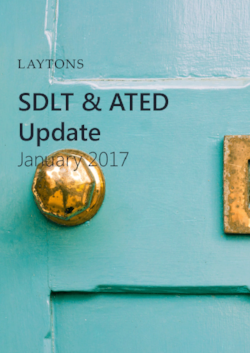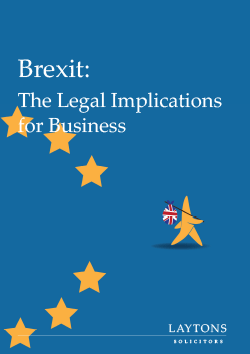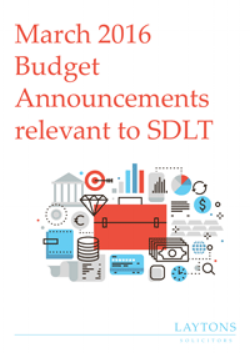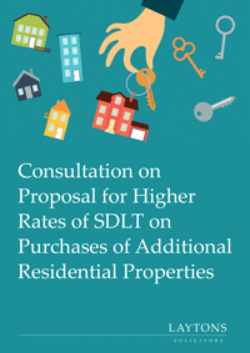Tax | Cross Border
A significant amount of business in the UK is generated from outside the UK and many non‑UK investors are unfamiliar with the intricacies and complexities of the UK tax system.
We help non‑UK investors understand the issues and advise on appropriate structures, often working with their non‑UK advisers.
Conversely, many UK individuals and entities are seeking to expand their businesses and investments into territories outside the UK. It is crucial to understand the implications of the relevant structures from a UK, as well as the relevant local, tax perspective.
In particular, it is important for non‑UK persons and entities to know whether they are establishing a tax presence in the UK, and, if so, the consequences. Conversely, for UK persons seeking to expand their business activities or invest outside the UK, they will need to understand whether they are establishing a tax presence in the non‑UK territory.
Our expertise
We work with colleagues in other teams, particularly Corporate, Commercial and Real Estate, in advising on and establishing appropriate structures and, in particular, advise on:
the application of double taxation agreements
employment and payroll tax issues relating to employees seconded to the UK
withholding tax issues, particular in respect of interest and royalty payments
the VAT aspects, both B2C and B2B, of goods and services supplied into the UK as well as from the UK
Our experience
We have advised on the following:
the application of the overseas Workday Relief Rules for employees seconded to the UK
applications or double taxation relief to exempt withholding tax on interest payments to a non‑UK resident lender
the application of the rules charging capital gains tax on non‑residents, including non‑resident capital gains tax and ATED-related capital gains tax on disposals of UK residential property
Related Expertise
Our Team
News & Insights
UK insurance and financial services businesses operating in the EU are due to lose their right to passport their Regulatory authorisations to another EU State on 31st December 2020.
This update comments on the latest developments including the shortening of filing and payment window to 14 days from the effective date, what is a “major interest”?, bare trusts and first time buyer’s relief and the Supreme Court decision in Project Blue.
This update comments on the latest SDLT and ATED developments including first time buyer’s relief, higher rates (or 3% surcharge) for additional dwellings (HRAD), SDLT Manual updated to incorporate guidance on HRAD...
Employment lawyers and HR teams are well acquainted with the routine dance involved in the negotiation of settlement agreements. However, it is important to note that HMRC has decided to make some changes which will affect some of the steps taken when negotiating exit payments.
This update comments on latest developments including: higher SDLT rates on purchases of additional residential properties: what counts as a “major interest”? and residential property: whether land which adjoins a dwelling forms part of its “grounds”.
HMRC’s guidance on the higher rate, originally published in March 2016, was updated in November 2016. Those who have not yet read the updated guidance are advised to do so.
Companies that develop video games in the UK, are able to make savings on their corporation tax bill through the Video Games Tax Relief. The Relief can therefore be highly beneficial.
In this briefing we tackle one of the biggest and most uncertain of all Brexit topics: what will happen to our laws after we leave?
The Autumn Statement, presented by the Chancellor on 25 November 2015, included some significant announcements on SDLT on which we commented previously.
On 28th December 2015 the government published a consultation document on the proposal, previously announced by the Chancellor in the Autumn Statement on 25th November 2015 ...

























